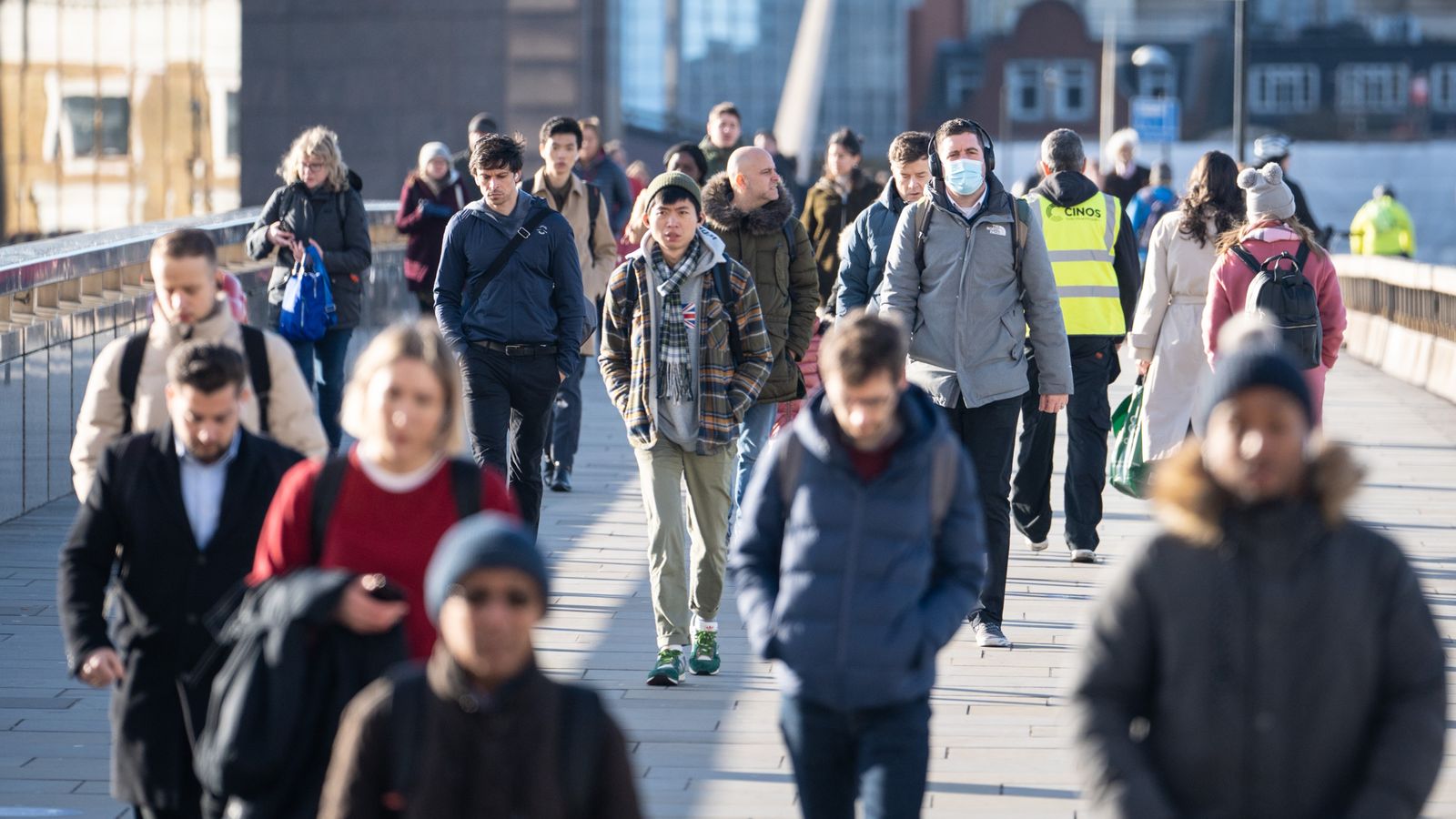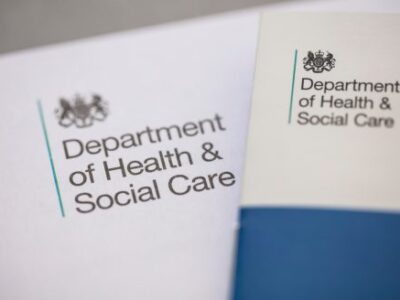COVID-19 cases rates are at their highest ever level in England, with experts warning of an increase in hospitalisations and deaths. Two variants of Omicron – the BA.1 and BA.2 – caused twin peaks in the pandemic, one in January and another last month, according to data from Imperial College London’s latest React-1 study. Testing between 8 and 31 March suggests that 6.37% of people in England had COVID -19 in this period – the highest level recorded in the pandemic
This compares to 4.41% in January. Prevalence of virus increasing in over-55s. Data from the study also found that while Covid-19 cases are decreasing or plateauing in the younger age groups, prevalence has increased in the oldest groups – those more likely to suffer from severe illness. By the end of March, there was a declining prevalence among 5 to 17-year-olds and infections were levelling off in 18 to 54-year-olds.

The study also suggests that hospital admissions in England have gone up and may continue to rise due to “high and increasing prevalence in older adults”. Professor Christl Donnelly, from Imperial College London, said: “It’s still the case that if you see more infection, you would expect, even if it’s a very small proportion of those, to see more of the severe outcomes. “So we don’t yet know when we’ll see a peak in the oldest age group and because those people are at higher risk of severe outcomes that is a particular worry. “It is possible if the prevalence continues to go up, that you will see further increases in the severe outcome rates.”
Professor Paul Elliott, director of the React-1 programme, said it is “really important” that there is ongoing surveillance to monitor severe outcomes from COVID and to track new variants. Responding to the findings, Dr Layla McCay, director of policy at the NHS Confederation, said: “Nearly 20,000 people are now in hospital with COVID in England and the NHS, and its exhausted staff are once again really struggling to cope with increasing admissions and bed occupancy. “NHS leaders and their teams are increasing their COVID services and reopening coronavirus wards, but the government must take heed, combined with chronic staff shortages, and a waiting list backlog that now tops 6.1 million, we really need a real conversation about the current situation in the health service.”
![]()





